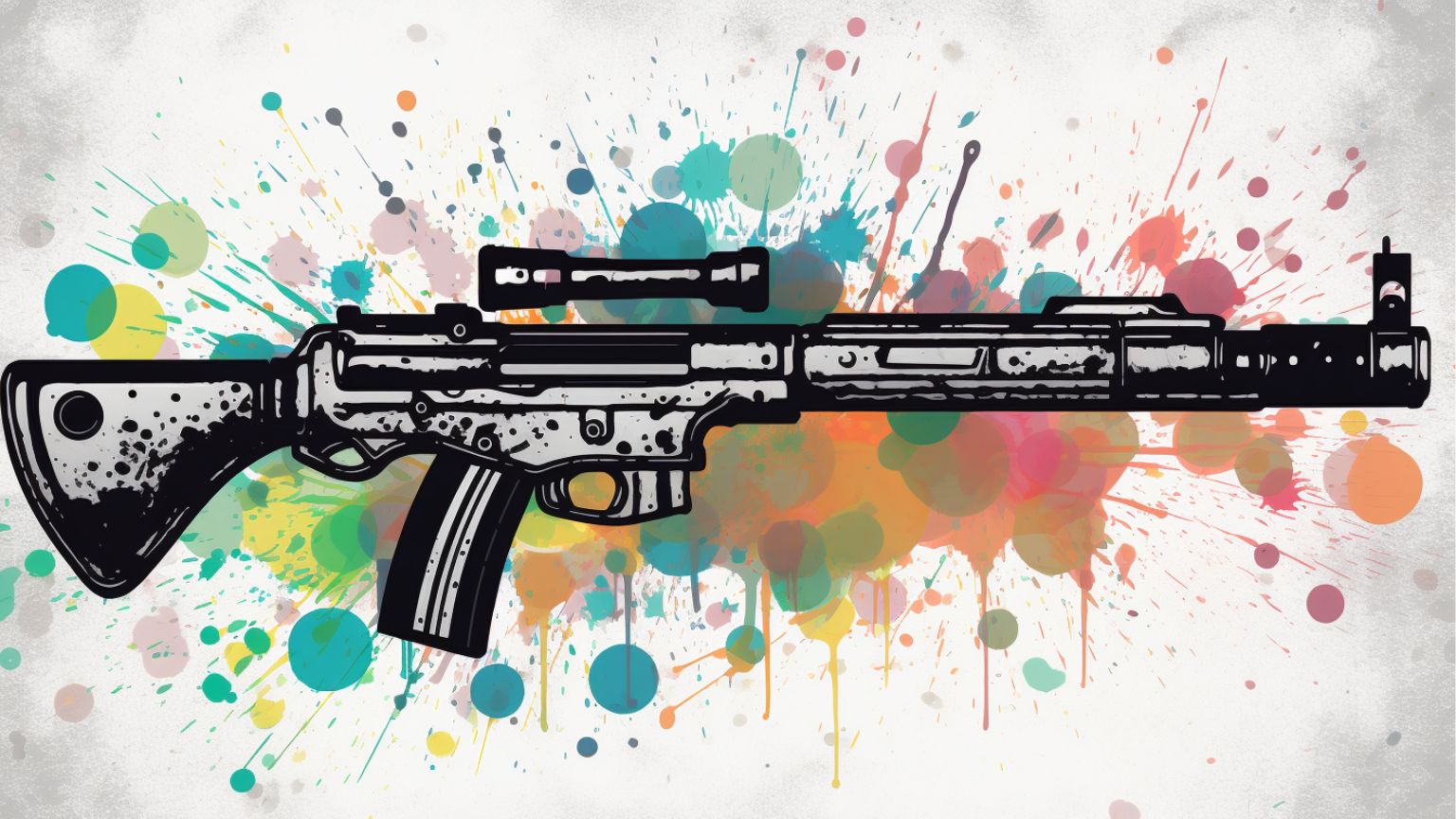The Supreme Court has agreed to hear the case brought forward by the National Rifle Association (NRA), claiming that the New York government used coercion to pressure companies into severing ties with, and debanking, the NRA.
The allegation raises questions about government overreach and brings crucial aspects of free speech and censorship into the spotlight. Notably, the case, named NRA v. Vullo, has all of the common themes of assumed government intimidation aimed at stifling speech.
A central argument in the NRA’s case is that Maria Vullo, the Chief of New York’s Department of Financial Services (DFS), used tactics akin to those in Bantam Books v. Sullivan to intimidate banks and insurance firms into discontinuing their association with the NRA. These allegedly include backchannel threats, veiled guidance communications, and biased enforcement of regulatory violations.
The NRA contends that the reasons behind this are rooted in their advocacy of Second Amendment rights, discouraging financial institutions from doing business with them, and citing a reputation risk.
Given this, the crucial question that hinges on the First Amendment being considered by the court is: Can a government regulator threaten entities with adverse regulatory action, either because of the government’s antipathy towards the speaker’s viewpoint or a perceived backlash against the speaker’s advocacy?
Filing on behalf of the NRA, advocates including William Brewer, Sarah Rogers, Noah Peters, and others have argued that the Second Circuit’s ruling allows state officials significant power to financially blacklist their political opponents. This can range from gun-rights organizations to abortion-rights entities to environmentalist factions.
The introduction to their petition encapsulates their position articulately: in essence, they believe that the ruling enables state officials to employ backlash against controversial advocacy as a justification for sanctioning advocates and the organizations that support them. In their view, this severely undermines free speech rights and poses a threat to any group, regardless of their views.
A considerable part of their argument centers around the actions taken by New York’s Department of Financial Services (DFS) against businesses allied with the NRA.
The Complaint alleges that Superintendent Vullo warned regulated businesses about the reputational risk of associating with groups advocating for Second Amendment rights, resulting in numerous institutions ceasing their arrangements with the NRA or declining new ones.
Notably, the NRA’s lawsuit against Vullo and Governor Andrew Cuomo faced multiple motions to dismiss, but the individual-capacity claims against Vullo survived. The NRA’s advocates contest that the Second Circuit’s opinion gives rise to a split with the Seventh Circuit’s decision in Backpage.com, which held that a government official violated the First Amendment under comparable circumstances.
Despite this, the Second Circuit holds that to create a First Amendment retaliation claim, a government official must explicitly threaten adverse consequences for unwanted speech that is devoid of any simultaneous assertion of a regulatory interest. Consequently, if left unchallenged, it could potentially redefine the manifestation of the First Amendment in a politically polarized environment, impacting advocacy groups across the various political spectrums.













